According to MSc. Dr. Nguyen Quoc Thai - Bach Mai Institute of Tropical Medicine, Head of Quality Management Department of Bach Mai Hospital, controlling the viral load does not mean that the body has completely returned to normal . Underlying immune disorders still exist and they are the factors that promote the appearance of many non-communicable diseases (NCDs) in people with HIV.
Global statistics show that the risk of non-communicable diseases in people with HIV is always higher than in the uninfected group. The difference depends on living conditions, population characteristics and lifestyle habits, but "the difference is clear and needs to be given due attention," Dr. Thai emphasized.
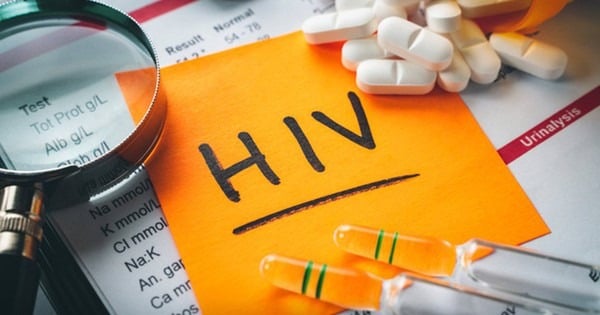
Illustration.
In clinical practice, the most common group of non-communicable diseases in people with HIV are metabolic disorders such as hyperlipidemia, diabetes, hypertension. Some other cases may record neurocognitive disorders, psychiatric diseases or cancer.
"Metabolic disorders are the most common group of diseases because people infected with HIV suffer from a double impact: prolonged immune disorders due to HIV and social factors such as stigma and discrimination that make them less likely to access early screening services," said Dr. Thai.
He further analyzed: many people infected with HIV only focus on ARV treatment and ignore the accompanying chronic diseases. Simple recommendations such as daily blood pressure measurement, blood sugar control or early screening for metabolic diseases are still quite unfamiliar to them. This causes the disease to be detected late, when obvious symptoms have appeared.
To proactively prevent, Dr. Thai recommends that patients need to monitor their health regularly, especially for silent diseases such as high blood pressure or diabetes. "When symptoms such as headache, hot flashes, thirst or weight loss appear, the disease has often progressed. Detection must take place before the body sends out warning signals," he emphasized.
Accordingly, people infected with HIV should equip themselves with a blood pressure monitor and measure it daily; maintain regular check-ups at medical facilities not only to get ARV drugs but also to discuss with doctors about necessary tests. When there are unusual signs such as rapid weight gain or prolonged fatigue, early testing is essential.
Dr. Thai proposed three groups of solutions for people infected with HIV to improve the effectiveness of treatment and prevention of non-communicable diseases: Absolutely adhere to ARV treatment; Closely connect with doctors; Change lifestyle, including limiting alcohol, avoiding unsafe food, maintaining exercise , healthy social interaction and proactively monitoring health.
In addition to immune factors, mental health is also a factor contributing to the increased burden of non-communicable diseases. Dr. Cao Thi Thanh Thuy (Medical Center No. 1 Ton That Tung, Hanoi Medical University Hospital) said that people with HIV still face many psychological pressures such as worries about the future, social stigma, and difficulties in accessing medical services. These factors increase the risk of depression, anxiety, and other mental disorders. Some ARV drugs can also aggravate these symptoms due to side effects.
In the cardiovascular disease group, the prolonged inflammation and immune dysfunction caused by HIV increases the risk of disease by up to 50% compared to uninfected people. For diabetes, the risk is also significantly higher in people with HIV.
Certain cancers, such as lung, liver, and anal cancers, tend to appear earlier in people with HIV than in the general population. HIV-related neurocognitive disorders are also more common, especially in older age groups, with a prevalence of about 35% compared with 24% in uninfected people.
However, experts emphasize that HIV or ARV drugs are only part of the cause. Traditional risk factors such as smoking, drinking alcohol, unhealthy diet, lack of exercise, etc. still play a major role in the burden of non-communicable diseases. Therefore, lifestyle changes play a decisive role.
Readers are invited to participate in the National Press Award contest on HIV/AIDS prevention and control.
Health and Life Newspaper in collaboration with the Department of Disease Prevention (Ministry of Health) launched the 'National Press Award on HIV/AIDS prevention and control'.
The National Press Award on HIV/AIDS Prevention and Control is an award organized by the Health & Life Newspaper in collaboration with the Department of Disease Prevention (Ministry of Health), to honor outstanding press works that truly reflect typical individuals and groups in all regions of the country in the fight against HIV/AIDS.
RULES OF THE "NATIONAL PRESS AWARD ON HIV/AIDS PREVENTION AND CONTROL" ARE AS FOLLOWS:
Article 1. Name of the Award
"National Press Award on HIV/AIDS Prevention and Control"
Article 2. Topics
Outstanding individuals and groups from all over the country in the fight against HIV/AIDS; vividly reflecting the efforts and contributions of groups and individuals in propaganda, prevention, care, treatment and support for people infected with HIV/AIDS and vulnerable groups; contributing to eliminating stigma and discrimination, spreading the spirit of humanity and community responsibility.
Article 3. Contestants
All Vietnamese citizens aged 18 and over, living in and outside the country. Members of the Organizing Committee, Jury, and Secretariat are not allowed to participate.
Article 4. Regulations on contest entries
1. Genre:
- Reportage, memoir, notes, portrait
- Photo: Reportage with at least 10 photos, telling a story through images on a topic related to HIV/AIDS.
- Television, multimedia: Television programs, documentaries on traditional platforms (TV) or electronic platforms, social networks.
2. Form of expression:
Entries can be in many different forms:
- In traditional form (article, video) In new form: Infographic, emagazine, megastory, longform... or combine many forms in one work to best convey the content, message and meaning of the work.
Note:
We do not accept works in the genre of news or regular events related to HIV/AIDS. All works must have a specific topic, be in-depth, have clear ideas and characters.
Do not use fictional characters; do not use special effects to change content or images; do not use artificial intelligence to create works.
3. Contest conditions of the work
- Eligible works must be published and broadcast from July 10, 2024 to November 20, 2025.
- For cases that have not been published or broadcast: The Organizing Committee will select to publish on the Health and Life Newspaper and the Newspaper's ecosystem.
- The Organizing Committee has the right to disqualify incomplete or non-compliant applications.
- The Organizing Committee will not return unqualified works.
4. Application documents
- Author/group information: Full name, pen name (if any), date of birth, gender.
- Contact information: Permanent address, phone number, email.
- Work unit (if any).
- Data to be submitted when participating in the contest:
+ Electronic newspaper: electronic newspaper link.
+ Television: Audio and video with script/narration.
+ Press photos: high resolution original image files, full captions.
- How to submit entries: submit your entry online via the website: https://giaibaochi2025.skds.vn
Article 5. Rights and responsibilities
1. Author
- Responsible for copyright, accuracy and legality of the work.
- Agree to let the Organizing Committee use the work for propaganda, exhibition, and publication (with the author's name clearly stated) in the media and press.
2. Organizing Committee
- Information security, public and transparent scoring and selection.
- Have the right to use the contest entry for communication purposes, not for commercial purposes.
Article 6. Time and address for receiving works
- Time of receipt: From the launch date to November 20, 2025 (calculated from the time of online submission).
- Receiving address: Send online via https://giaibaochi2025.skds.vn.
Article 7. Prize structure
- Award-winning works are divided into 3 groups, each group includes 4 award levels.
+ Written works
+ Group of photographic works
+ Television and multimedia group
- Total of 12 prizes, including:
+ 03 First Prizes: each prize is worth 20,000,000 VND
+ 03 Second Prizes: each prize is worth 12,000,000 VND
+ 03 Third Prizes: each prize worth 8,000,000 VND
+ 03 Consolation Prizes: each prize worth 5,000,000 VND
Source: https://suckhoedoisong.vn/chuyen-gia-chi-cach-phong-cac-benh-khong-lay-nhiem-doi-voi-nguoi-co-hiv-169251126161527556.htm



![[Photo] Prime Minister Pham Minh Chinh chairs the 15th meeting of the Central Emulation and Reward Council](/_next/image?url=https%3A%2F%2Fvphoto.vietnam.vn%2Fthumb%2F1200x675%2Fvietnam%2Fresource%2FIMAGE%2F2025%2F11%2F27%2F1764245150205_dsc-1922-jpg.webp&w=3840&q=75)

![[Photo] President Luong Cuong attends the 50th Anniversary of Laos National Day](/_next/image?url=https%3A%2F%2Fvphoto.vietnam.vn%2Fthumb%2F1200x675%2Fvietnam%2Fresource%2FIMAGE%2F2025%2F11%2F27%2F1764225638930_ndo_br_1-jpg.webp&w=3840&q=75)


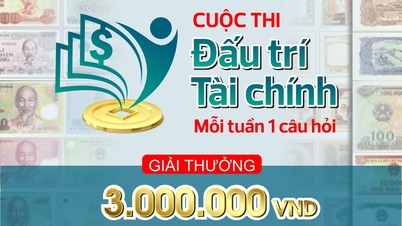

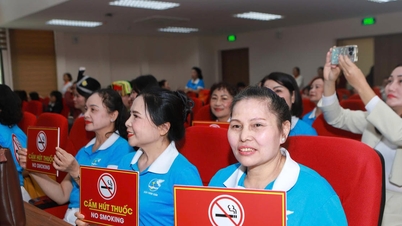

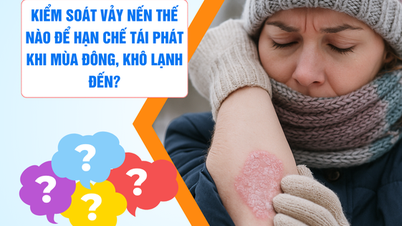




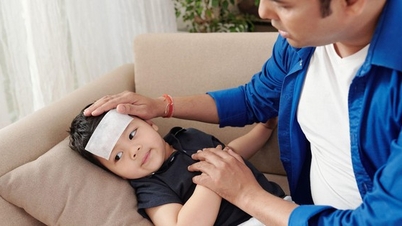
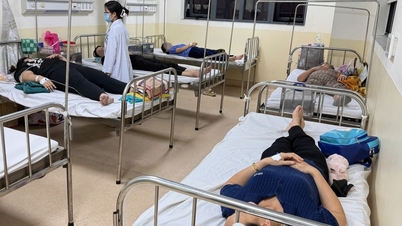

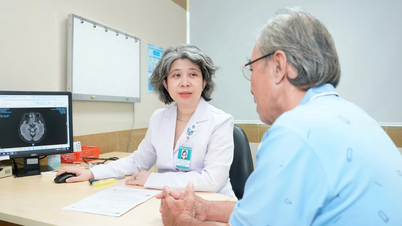

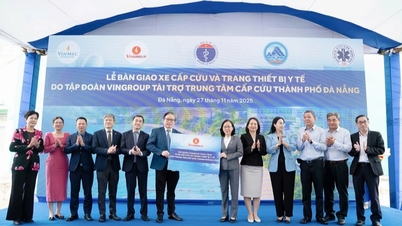
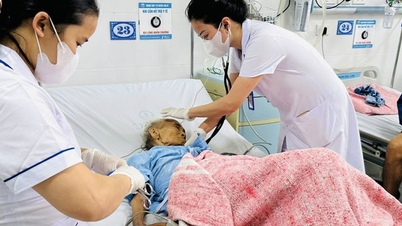
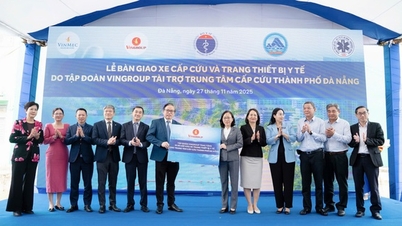
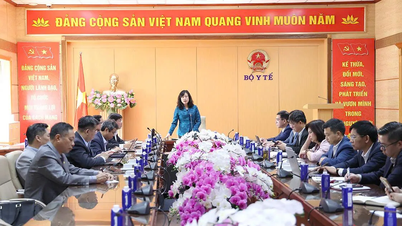





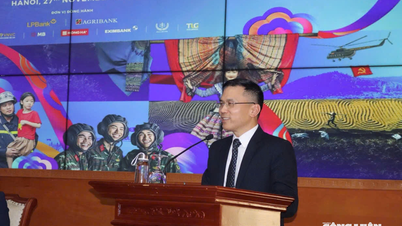
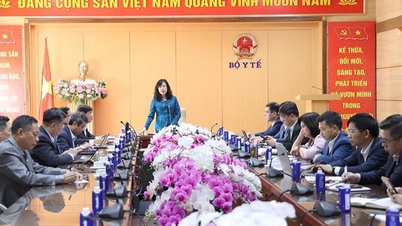

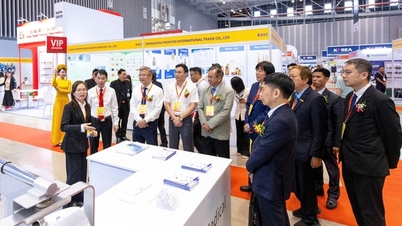

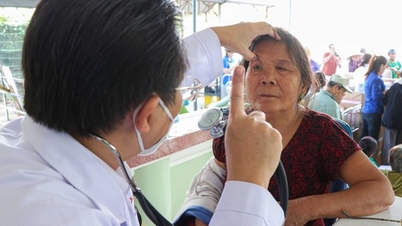


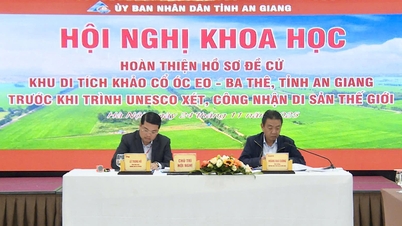




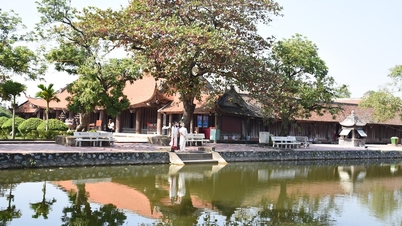





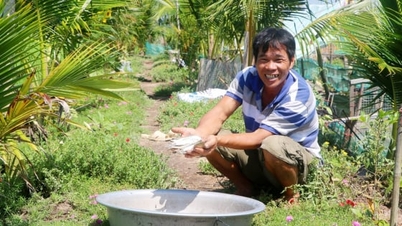

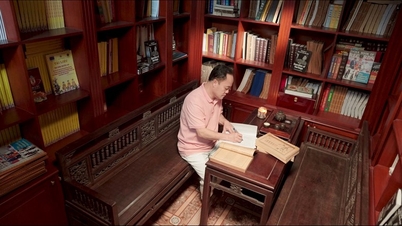
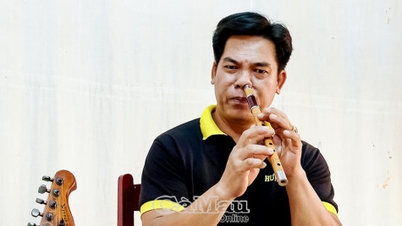

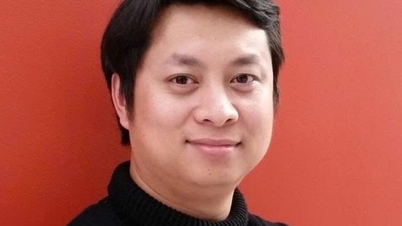

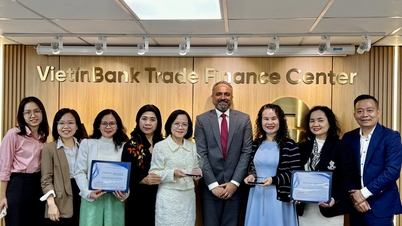

















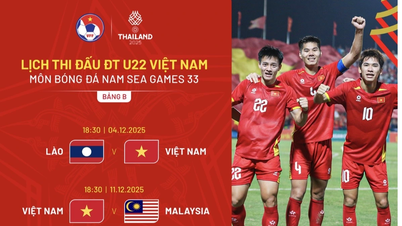
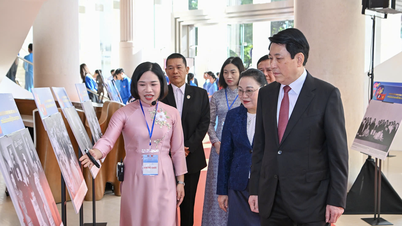
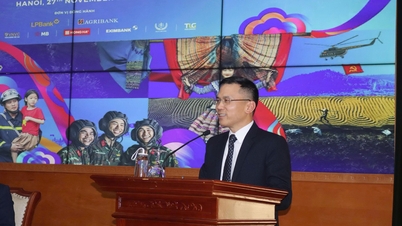
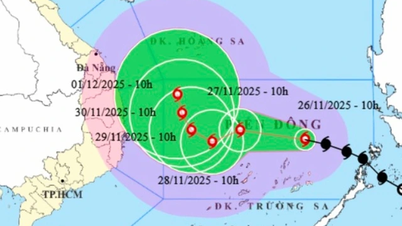
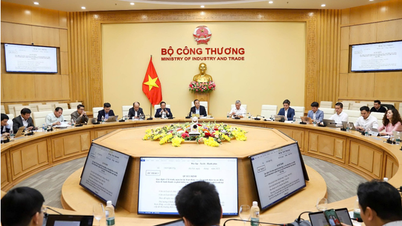

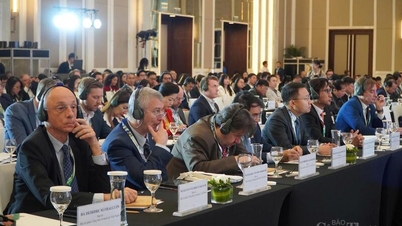
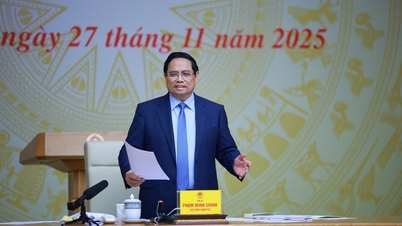




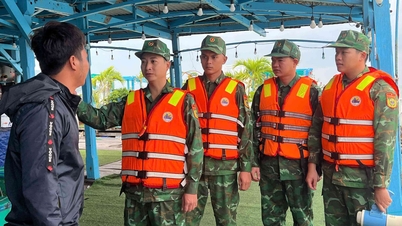

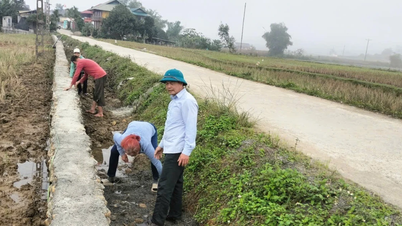

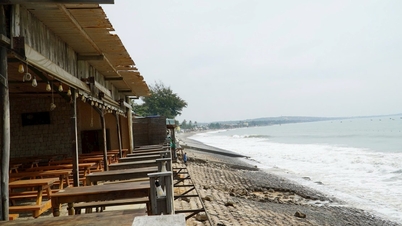



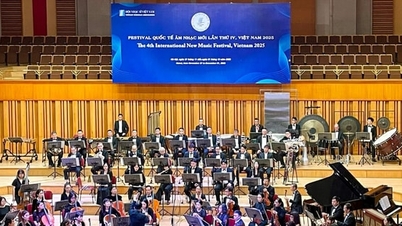













Comment (0)